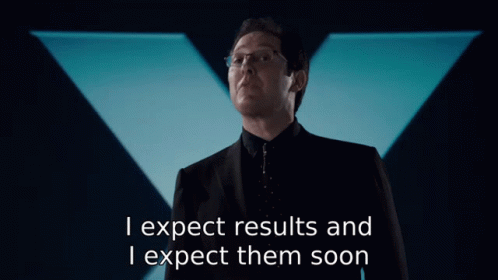Is it just us or does the term exercise psychology immediately make you think of athletes, coaches and the olympics? It’s a term that doesn’t sound applicable to the everyday person who enjoys a cheeky morning boxing class. This however, couldn’t be further from the truth.
We spoke with our exercise psychologist, Emma Slade, who gave us the lowdown on what exercise psychology is and how we can all use it.
Emma explained that essentially, exercise psychology focuses on the two-way relationship between mindset and physical activity. It looks at the pattern between psychological factors and exercise behaviour and how exercise influences mental health and mindset. We can all use exercise psychology to figure out what we need to build a lifelong, healthy, and sustainable relationship with exercise. And let’s be honest, that’s the goal.
So what barriers commonly stop us from having a consistent and healthy exercise routine?
According to studies, a huge one is time. And even though “we all have the same 24 hours as Beyonce”, there simply aren’t enough hours to fit everything in. Or so we think.
Emma challenges us to take a second to record everything we do in a day and how long it takes, we’ll then discover that there is enough time but it’s our expectations which are the barrier. For example, we may expect ourselves to be doing a 60-minute workout most days, and on the days we cannot afford 60 minutes to exercise we just don’t bother because “if it’s not 60 minutes, it’s not worth it” and this thinking is what will stop us from building a routine. To be consistent, you just need to schedule in some regular movement, and this schedule needs to be realistic and catered to your personal lifestyle. We simply can’t “smash it” everyday. Emma explains that “working on our health and fitness is an ebb-and-flow experience; some days we smash it, some days just showing up is enough, and other days opting for a recovery or rest day is actually more beneficial to our fitness and overall health”.
Focusing on the results will also trip us up when we’re trying to build an exercise routine. If we focus on the end goal of the exercise journey, such as losing x amount of weight or getting a 6 pack, we’ll become discouraged when we don’t see the results immediately.

These goals take time to achieve and focusing solely on the goal can lead to us disengaging before we achieve them. According to Emma, what we need to be doing instead is focusing on the process. A process focus occurs when we focus on the steps, behaviours, and journey towards a goal. Reinforcement and feedback comes when we engage in the routine and habits that set us up in the best position to not only achieve our goals, but to maintain our routine long term.
One thing we hear all the time is that we need motivation to exercise. But motivation is overrated.

It comes and goes, and more often than not, motivation comes once we’ve done the exercise. For example, after exercising we might say “wow that was a great workout, I feel so much better now” which then motivates us to workout the next day. Rather than following the narrative of “I don’t feel like it today” and not exercising, Emma says that we can gently test that thought and see if it is true. We can do this by telling ourselves “right, I don’t know if I feel motivated, but I am just going to do 10 minutes of exercise. If I still don’t feel like it after 10 minutes, then I can stop. But if by 10 minutes I am feeling good, I can keep going”. This practice taps into the exercise = motivated equation, and allows you to assess how you genuinely feel on any given day.
When we don’t feel motivated, we’ll often put it down to laziness but Emma suggests we challenge that. If we actually note down what our lives look like, the different aspects we’re juggling, the different daily stressors we encounter, the thousands of thoughts we have every day, and the different emotions we are experiencing at any one time, we could very well argue we aren’t lazy. Rather, it is important to pull this “I’m lazy” thought into view and actually ask what evidence supports this thought and what evidence opposes it. When we get clarity around if it is laziness stopping us from building an exercise routine or (most likely) other things, then we can start to problem solve and consider how to move forward.
Exercise psychology can be used by all of us to debunk the unhelpful thoughts and habits that we have so that we can create an exercise routine that will stand the test of time. By being a part of the BoxxFam, you’ll have access to an extensive collection of exercise psychology content that will help you be the everyday champion that we know you are.




